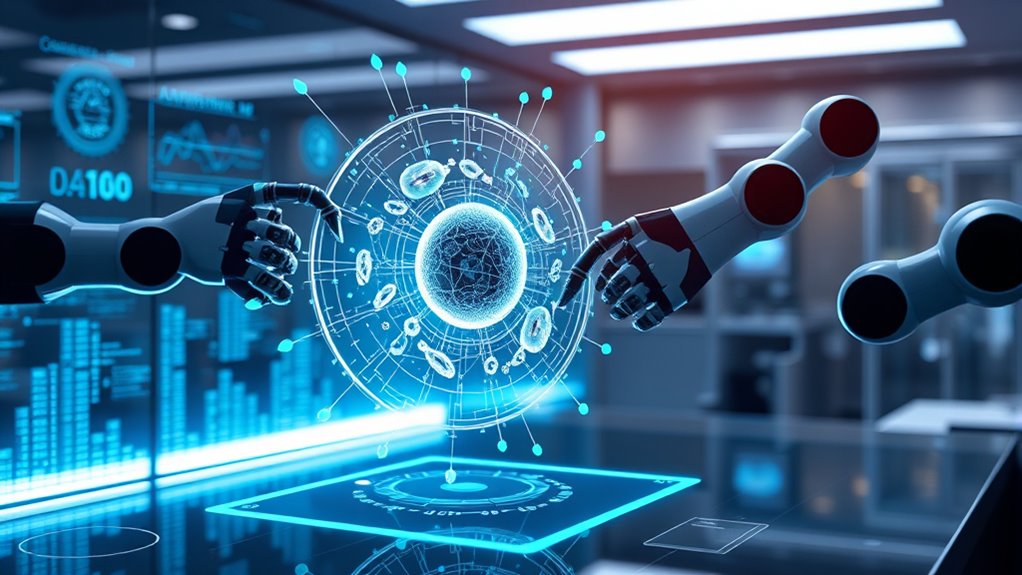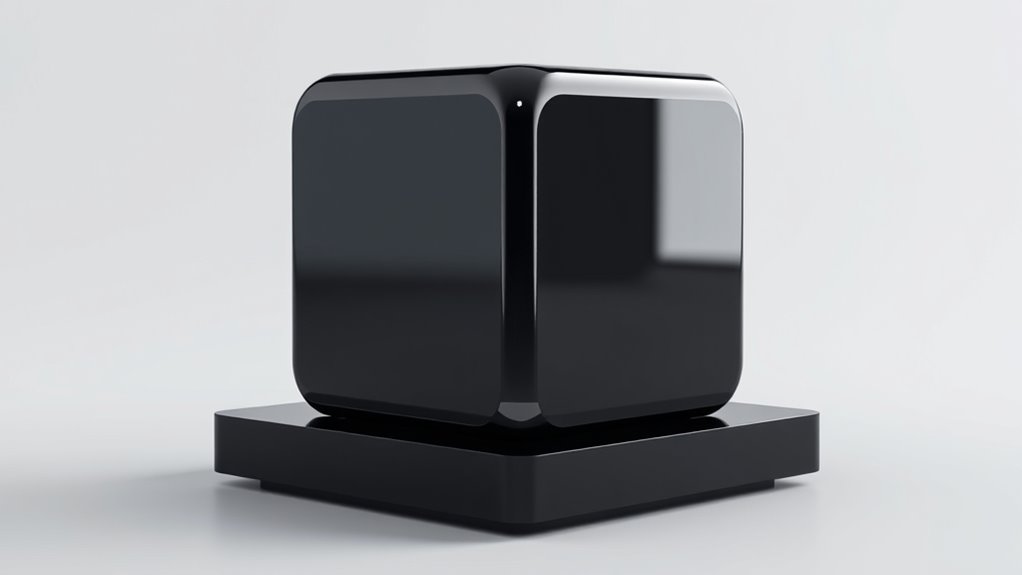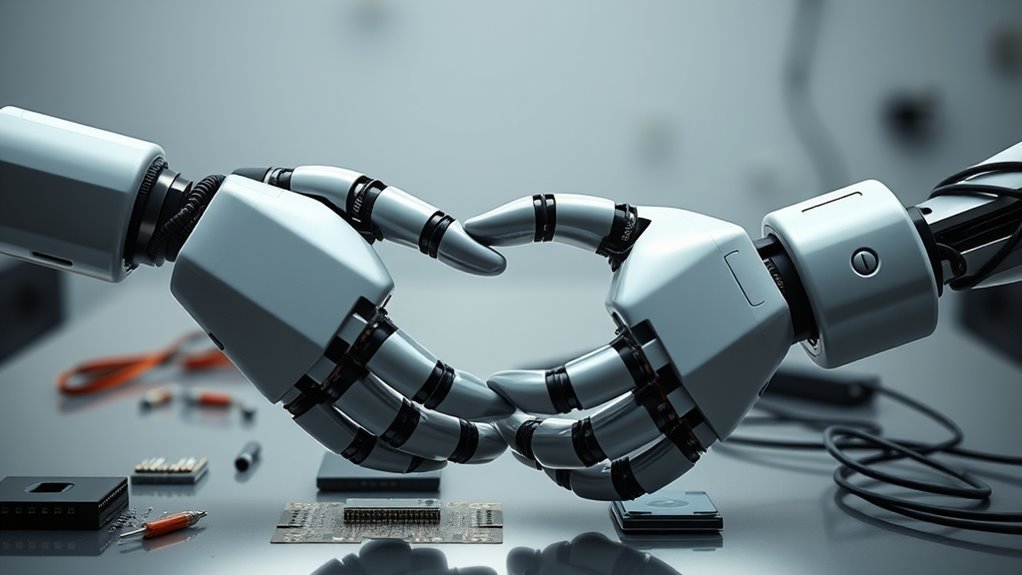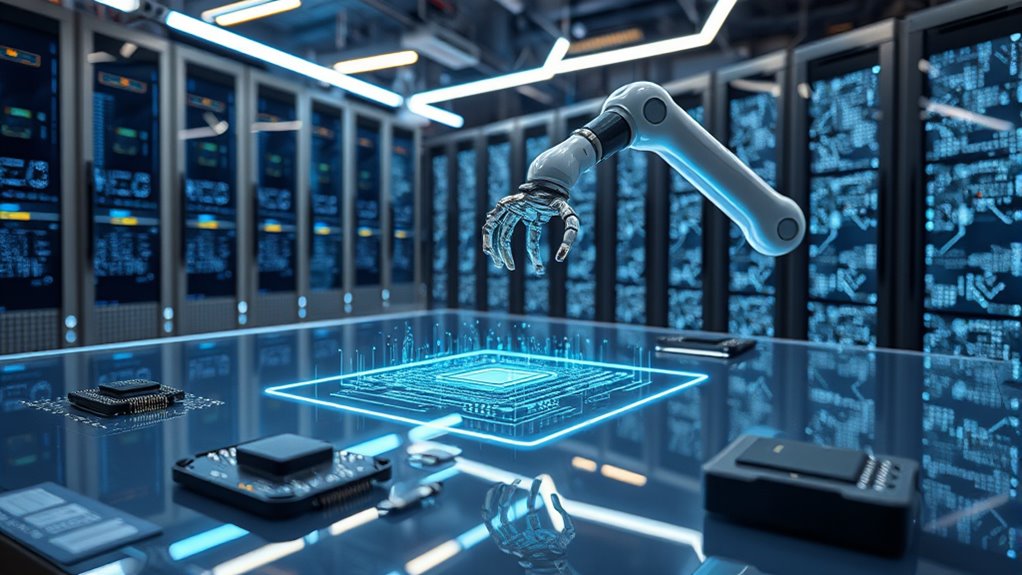Although cancer remains a tough challenge, Artificial Intelligence (AI) is stepping in to help in big ways. Scientists and doctors are using AI to fight cancer on many fronts. It’s like having a super-smart helper that can look at tons of information fast. This technology is changing how cancer is found, studied, and treated.
One area where AI shines is in cancer screening. It can look at images like MRIs to spot possible tumors quickly. This means doctors don’t have to check everything by hand, which saves time. AI also mixes different kinds of data, like patient history and scans, to make screening better. It can even guess who might get cancer by looking at genes and lifestyle. This helps catch cancer early when it’s easier to treat. AI-driven tools can also detect subtle signs of cancer that might be missed by the human eye, enhancing diagnostic accuracy (enhancing diagnostic accuracy).
AI excels in cancer screening, swiftly analyzing MRIs to detect tumors and integrating data for early, life-saving diagnosis.
AI’s also making waves in cancer research. It digs through huge piles of data to find new ways to fight cancer with drugs. It can predict how the body’s immune cells will react to tumors, which helps make treatments like immunotherapy stronger. Plus, AI looks at how drugs work to find the best options for patients. It’s a game-changer for creating treatments that fit a person’s unique needs. AI is also being used to simulate protein behaviors, aiding in the development of targeted therapies (simulate protein behaviors).
When it comes to treating cancer, AI’s got some cool tricks. It helps figure out if a patient will do well with certain therapies by looking at their data. During surgery, AI can quickly study tumors to help doctors decide the next steps. It even uses images to predict how long someone might survive. This helps plan treatments that work best for each person. AI also streamlines administrative tasks in cancer care, improving efficiency in scheduling and billing processes (streamlining administrative tasks).
AI doesn’t stop there. It’s great at guessing how cancer might progress. By combining pictures and text from medical records, AI can predict outcomes better than older methods. It also helps forecast how someone will respond to treatments and even long-term survival chances.
Lastly, AI handles huge amounts of cancer data. It brings together different info, like tissue samples and molecules, to boost research and care. With AI’s help, the battle against cancer is getting smarter every day. There’s still a long way to go, but AI’s showing real promise.









